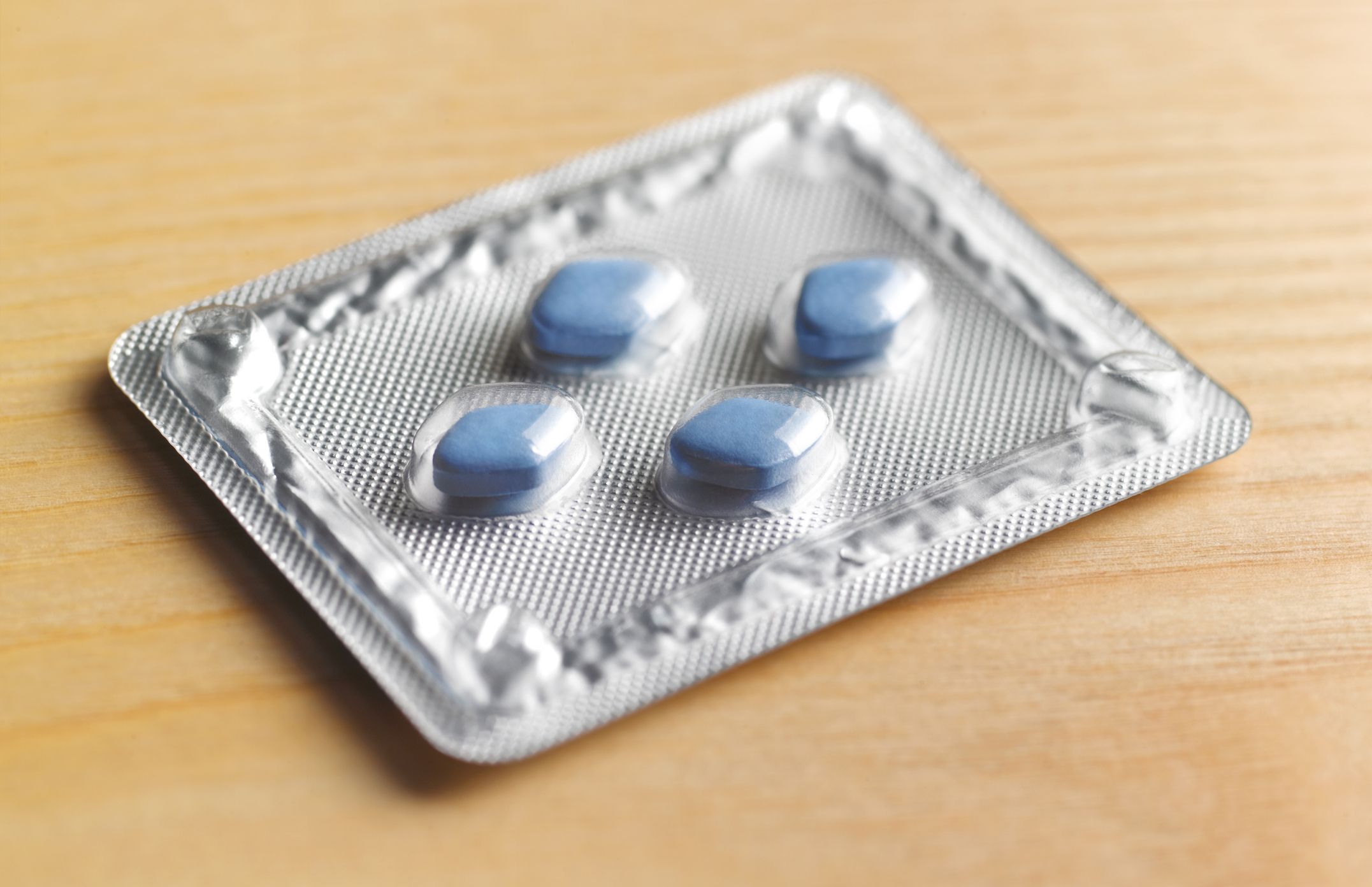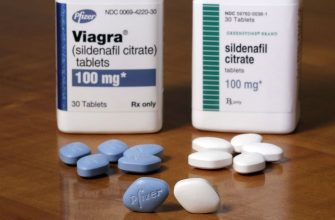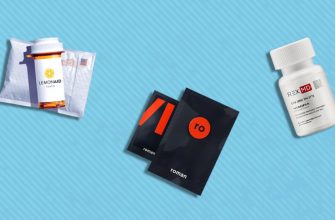Consider lifestyle changes. Regular exercise, a balanced diet rich in fruits, vegetables, and lean protein, and stress reduction techniques like meditation or yoga can significantly improve erectile function. These natural approaches often address underlying health issues contributing to the problem.
Explore herbal remedies. Certain supplements, like L-arginine and ginseng, have shown promise in some studies. However, it’s crucial to consult your doctor before using them, as they can interact with medications or have side effects. Dosage and quality vary significantly between brands; careful research is necessary.
Vacuum erection devices offer a non-invasive option. These devices create a vacuum to draw blood into the penis, aiding in erection. They are generally safe when used correctly, but instructions should be followed precisely. Your physician can provide guidance and address any concerns.
Penile implants represent a more permanent solution for severe cases. This surgical procedure involves implanting devices within the penis to provide rigidity. This is a significant decision, requiring thorough discussion with a urologist to assess suitability and potential complications.
- Non-Pharmaceutical Viagra: Alternatives and Considerations
- Dietary Supplements and Herbal Remedies
- Alternative Treatments
- Important Cautions
- Disclaimer:
- Understanding Erectile Dysfunction (ED) and its Causes
- Physical Causes of ED
- Psychological Factors in ED
- Lifestyle Choices and ED
- Summary of ED Causes
- Seeking Help
- Lifestyle Changes to Improve Erectile Function
- Natural Supplements Claimed to Treat ED: A Critical Review
- Herbal Remedies and Their Potential Benefits and Risks
- Mindfulness and Stress Reduction Techniques for ED
- Progressive Muscle Relaxation
- Yoga and Tai Chi
- Cognitive Behavioral Therapy (CBT)
- Regular Exercise
- Limit Alcohol and Caffeine
- Spend Time in Nature
- Connect with Others
- Seek Professional Help
- Dietary Strategies for Enhanced Sexual Health
- Boosting Circulation with Nutrient-Rich Foods
- Maintaining Optimal Hormone Levels Through Diet
- Hydration and Other Important Factors
- When to Seek Professional Medical Advice for ED
- Significant Changes in Erectile Function
- Associated Symptoms
- Psychological Impact
- Medication Interactions
- Family History
Non-Pharmaceutical Viagra: Alternatives and Considerations
Consider lifestyle changes first. Regular exercise, a balanced diet rich in fruits, vegetables, and lean protein, and maintaining a healthy weight significantly improve blood flow and overall cardiovascular health, impacting erectile function. Aim for at least 30 minutes of moderate-intensity exercise most days of the week.
Dietary Supplements and Herbal Remedies
Several supplements claim to boost libido and erectile function. However, scientific evidence supporting their effectiveness varies greatly.
- L-arginine: This amino acid may improve nitric oxide production, potentially enhancing blood flow. Dosage and effectiveness vary widely.
- Ginseng: Some studies suggest potential benefits, but more research is needed to confirm its efficacy and safety.
- Yohimbe: A bark extract, it’s shown some promise but carries potential side effects. Consult a doctor before use.
Always discuss supplements with your doctor, especially if you’re taking other medications, to avoid interactions.
Alternative Treatments
- Vacuum Erection Devices (VEDs): These devices create a vacuum to draw blood into the penis, achieving an erection. They are a relatively safe option for many men.
- Penile Implants: This surgical option involves implanting devices into the penis to provide rigidity. This is usually considered a last resort.
- Counseling: Psychological factors like stress, anxiety, and depression can significantly affect erectile function. Therapy can help address these underlying issues.
Important Cautions
Before trying any non-pharmaceutical approach, schedule a medical check-up. Underlying health conditions may be contributing to erectile dysfunction. Your doctor can provide a proper diagnosis and recommend the most suitable treatment plan.
Disclaimer:
This information is for educational purposes only and does not constitute medical advice. Always consult a healthcare professional before starting any new treatment or supplement regimen.
Understanding Erectile Dysfunction (ED) and its Causes
Erectile dysfunction (ED) means you can’t get or keep an erection firm enough for satisfactory sex. This affects millions of men, and it’s usually treatable. Many factors contribute to ED, and identifying the root cause is key to finding the right solution.
Physical Causes of ED
Physical conditions often play a significant role. Diabetes damages blood vessels, hindering blood flow to the penis. High blood pressure and high cholesterol have similar effects. Neurological diseases like multiple sclerosis can disrupt nerve signals necessary for an erection. Prostate cancer treatment, including surgery and radiation, can also impact erectile function. Smoking significantly constricts blood vessels, reducing blood flow throughout the body, including the penis. Finally, certain medications, such as antidepressants and blood pressure medications, may list ED as a side effect.
Psychological Factors in ED
Mental health significantly impacts sexual function. Stress, anxiety, and depression frequently contribute to ED. Performance anxiety–the fear of not performing sexually–is a common psychological factor. Relationship problems and trauma can also affect a man’s ability to achieve an erection.
Lifestyle Choices and ED
Lifestyle choices have a direct impact on erectile health. Obesity reduces blood flow and hormonal balance. Lack of exercise weakens blood vessels and can lower testosterone levels. Excessive alcohol consumption and drug use can significantly impair sexual function.
Summary of ED Causes
| Category | Specific Examples |
|---|---|
| Physical Conditions | Diabetes, High Blood Pressure, High Cholesterol, Neurological Diseases, Prostate Cancer Treatment, Smoking, Medications |
| Psychological Factors | Stress, Anxiety, Depression, Performance Anxiety, Relationship Issues, Trauma |
| Lifestyle Choices | Obesity, Lack of Exercise, Alcohol Abuse, Drug Use |
Seeking Help
If you experience ED, consult a doctor. A thorough medical history and physical exam will help determine the underlying cause. Treatment options vary depending on the cause, ranging from lifestyle changes and medication to counseling and surgical procedures.
Lifestyle Changes to Improve Erectile Function
Regular exercise significantly boosts blood flow, crucial for healthy erections. Aim for at least 150 minutes of moderate-intensity aerobic activity weekly, like brisk walking or cycling.
Maintain a healthy weight. Obesity contributes to erectile dysfunction. Losing even a modest amount of weight can improve your sexual health. Consult your doctor or a nutritionist for personalized advice.
Quit smoking. Smoking damages blood vessels, hindering blood flow to the penis. This simple change can drastically improve your erectile function.
Limit alcohol consumption. Excessive alcohol use can negatively impact erectile function. Moderate drinking, if at all, is key.
Manage stress effectively. Stress hormones can interfere with sexual function. Incorporate stress-reducing techniques like yoga, meditation, or deep breathing exercises into your routine.
Prioritize sleep. Aim for 7-8 hours of quality sleep nightly. Sleep deprivation affects various bodily functions, including sexual health.
Eat a balanced diet rich in fruits, vegetables, and whole grains. This supports overall health and improves blood circulation.
Address underlying medical conditions. Conditions like diabetes, high blood pressure, and high cholesterol can contribute to erectile dysfunction. Work with your doctor to manage these conditions.
Consider professional counseling. Relationship issues or psychological factors can sometimes influence erectile function. A therapist can provide support and guidance.
Natural Supplements Claimed to Treat ED: A Critical Review
Proceed with caution. While many natural supplements advertise erectile dysfunction (ED) treatment, scientific evidence supporting their efficacy is often limited or contradictory.
L-arginine, an amino acid, shows some promise in improving blood flow, a factor in ED. However, studies have yielded inconsistent results, and its effectiveness remains unclear. Dosage varies significantly across studies, further complicating analysis.
Ginseng, particularly red ginseng, has been studied for its potential effects on ED. Some research suggests positive impacts on erectile function, but more robust, large-scale trials are needed to confirm these findings and establish optimal dosage. Individual responses differ widely.
Dehydroepiandrosterone (DHEA) is a hormone naturally produced by the body. Research on its impact on ED is mixed. While some studies show potential benefit, others reveal no significant improvement. Additionally, side effects are a concern.
Yohimbine, derived from the bark of the yohimbe tree, has a long history of use as an aphrodisiac. However, it can cause significant side effects like increased blood pressure and anxiety. The evidence supporting its effectiveness for ED treatment is weak.
Before using any natural supplement for ED, consult a doctor. They can assess your overall health, identify potential underlying causes of ED, and discuss appropriate treatment options, including whether a supplement might be suitable and safe for you given your individual circumstances and health profile. Self-treating ED can be risky, potentially masking underlying health issues.
Remember, supplements are not regulated with the same rigor as pharmaceuticals. Quality and purity can vary significantly between brands. Always choose reputable brands with third-party testing verification.
Herbal Remedies and Their Potential Benefits and Risks
Consider these herbal remedies often associated with improved erectile function, but always consult a doctor before use:
- Panax Ginseng: Studies suggest it may improve blood flow and increase testosterone levels, potentially aiding erectile function. However, it can interact with blood thinners and other medications. High doses may cause insomnia.
- Ginkgo Biloba: This herb is known to improve blood circulation, which might indirectly benefit erectile function. However, it may increase bleeding risk and interact with anticoagulants. Avoid using it if you have bleeding disorders.
- Yohimbe: Derived from the bark of an African tree, yohimbe acts as a vasodilator, potentially improving blood flow to the penis. However, it can cause significant side effects including anxiety, increased heart rate, and even high blood pressure. It’s not suitable for everyone.
- L-Arginine: This amino acid is a precursor to nitric oxide, a molecule involved in blood vessel dilation. Some studies show a possible link to improved erectile function, but results are inconsistent. It can interact with nitrates used to treat heart conditions.
Remember these points:
- Dosage matters: The effectiveness and safety of herbal remedies depend heavily on dosage. Follow recommended guidelines precisely.
- Interactions are possible: Herbal remedies can interact with prescription and over-the-counter medications. Always disclose your complete medication history to your doctor.
- Quality varies: The quality and purity of herbal supplements are not always consistent. Choose reputable brands with third-party testing.
- Not a replacement for medical advice: Herbal remedies should not replace medical care for erectile dysfunction. They may offer supplemental support but should be part of a larger healthcare plan discussed with a medical professional.
Seek medical attention if you experience any adverse effects after taking herbal remedies. Self-treating can be dangerous. Always prioritize a comprehensive evaluation from a doctor to address erectile dysfunction and explore the most appropriate treatment options for your specific circumstances.
Mindfulness and Stress Reduction Techniques for ED
Practice deep breathing exercises daily. Inhale deeply through your nose, hold for a few seconds, and exhale slowly through your mouth. Aim for 10 minutes twice a day. This calms your nervous system.
Progressive Muscle Relaxation
Systematically tense and release different muscle groups in your body, starting with your toes and working your way up. This reduces physical tension often linked to stress and anxiety, improving blood flow.
Regularly engage in meditation. Guided meditations focusing on stress reduction are readily available online or through apps. Even 5 minutes a day can make a difference in managing stress levels.
Yoga and Tai Chi
These gentle practices combine physical postures, breathing techniques, and meditation. They promote relaxation, reduce stress hormones, and improve overall well-being, potentially positively impacting ED.
Prioritize adequate sleep. Aim for 7-9 hours of quality sleep nightly. Sleep deprivation exacerbates stress and negatively impacts sexual health.
Cognitive Behavioral Therapy (CBT)
CBT helps identify and change negative thought patterns and behaviors contributing to stress and anxiety. A therapist can guide you through this process.
Regular Exercise
Engage in at least 30 minutes of moderate-intensity exercise most days of the week. Physical activity reduces stress hormones, improves cardiovascular health, and boosts mood.
Maintain a healthy diet. Focus on whole, unprocessed foods, limiting sugar and processed foods. Nutrition plays a crucial role in overall health, influencing both physical and mental well-being.
Limit Alcohol and Caffeine
Excessive alcohol and caffeine consumption can negatively impact sleep quality and increase anxiety, worsening ED symptoms. Moderate your intake.
Spend Time in Nature
Studies show that spending time outdoors reduces stress and improves mental well-being. Even a short walk in a park can have positive effects.
Connect with Others
Strong social support networks help buffer against stress. Spend quality time with loved ones and engage in activities you enjoy.
Seek Professional Help
If stress significantly impacts your life or ED, consider consulting a therapist or counselor. They can provide personalized guidance and support.
Dietary Strategies for Enhanced Sexual Health
Prioritize foods rich in L-arginine, an amino acid that helps relax blood vessels, improving blood flow. Include watermelon, nuts, and dark chocolate in your diet.
Boosting Circulation with Nutrient-Rich Foods
Consume foods high in antioxidants, such as blueberries, strawberries, and spinach. Antioxidants combat oxidative stress, which can damage blood vessels and impair sexual function. Aim for a colorful plate to ensure a wide range of antioxidants.
Increase your intake of zinc-rich foods, including oysters, pumpkin seeds, and chickpeas. Zinc plays a key role in testosterone production. A zinc deficiency can negatively impact libido and erectile function.
Maintaining Optimal Hormone Levels Through Diet
Regularly include foods rich in vitamin D, like fatty fish and egg yolks. Vitamin D supports testosterone production and overall well-being. Consider sun exposure for natural vitamin D synthesis (but always practice safe sun habits).
Maintain a healthy weight. Obesity negatively impacts hormone levels and can contribute to erectile dysfunction. Focus on a balanced diet with regular exercise.
Hydration and Other Important Factors
Drink plenty of water. Dehydration can negatively affect blood flow and overall health. Aim for at least eight glasses a day.
Limit alcohol consumption and avoid smoking. Both significantly impair vascular function, crucial for sexual health.
When to Seek Professional Medical Advice for ED
Consult a doctor immediately if you experience sudden onset erectile dysfunction. This could indicate an underlying health problem requiring urgent attention.
Significant Changes in Erectile Function
Schedule a visit if you notice a significant and persistent decline in erectile function, regardless of frequency. Changes affecting your ability to achieve or maintain an erection may signal a broader health concern.
Persistent ED lasting more than three months warrants a medical evaluation. Your doctor can help determine the cause and suggest appropriate treatment options.
Associated Symptoms
Seek medical attention if ED is accompanied by other symptoms such as chest pain, shortness of breath, dizziness, or fainting. These symptoms might point to cardiovascular issues demanding prompt medical intervention.
Psychological Impact
Don’t hesitate to contact a healthcare provider if ED significantly impacts your relationships, self-esteem, or mental well-being. Addressing the psychological effects is crucial for your overall health. A mental health professional may be able to assist.
Medication Interactions
Inform your doctor about all medications you are taking, including over-the-counter drugs and supplements. Certain medications can contribute to ED. Your doctor can help adjust your medication regimen or recommend alternatives.
Family History
If you have a family history of heart disease, diabetes, or other conditions linked to ED, proactive medical consultation is advisable. Early detection and management are key.





